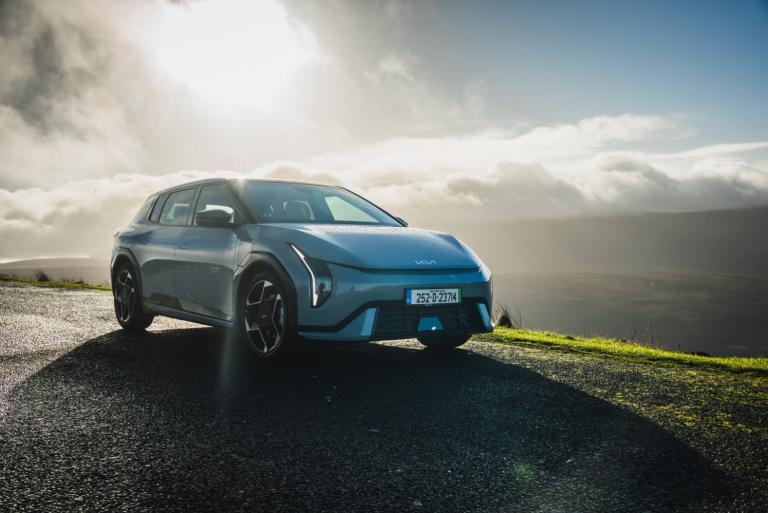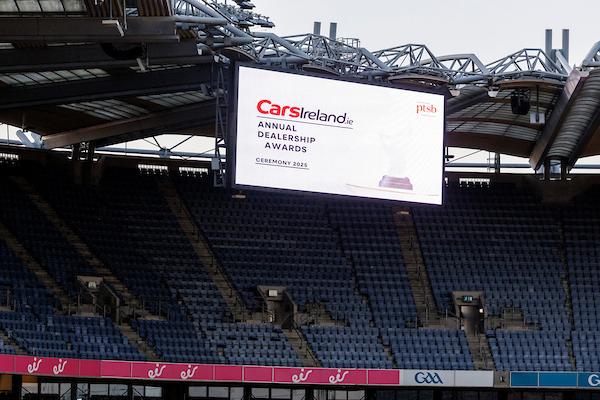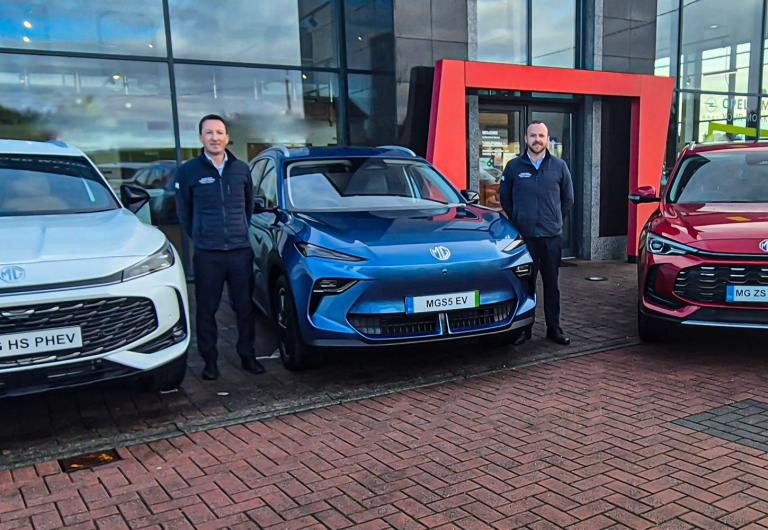A Forester with vision
Published on 3 December, 2017
The low-key styling gives a rugged, blocky look, but the result is that the Forester is as practical as it looks.
Overview
Before taking out the updated Subaru Forester on a test drive, there is a 10-minute video to watch explaining the high-end safety and autonomous functions on board. The highlight is the EyeSight technology which, when combined with the ever growing amount of safety devices being built into cars these days, makes the all-wheel-drive Forester one of the safest SUV vehicles.
The EyeSight driver assist system uses two stereo cameras mounted on either side of the rear view mirrors which can detect hazards for up to 110 metres and distinguish cars, pedestrians and cyclists. It combines with pre-collision braking if the driver is inattentive, a throttle management system to avoid parking shunts front and rear and a lane departure warning. It even panders to those who may be illegally texting while in traffic congestion, prompting the driver that the traffic ahead has started moving again.
One wonders if all these safety features available to drivers are in a way self-defeating, as they can lull drivers into becoming less attentive and encourage sloppy driving habits. The new technology comes in the mid-life upgrade for the Forester which is Subaru's bestselling model here. It has a small market share but is a popular purchase with country folk and the horsey set because of the permanent all-wheel-drive system, hill descent and a trailer stability system. More stylish Honda CR-V, Mazda MX-5 and Hyundai Tucson models are most likely to be the urban SUV choices.
The low-key styling gives a rugged, blocky look, but the result is that the Forester is as practical as it looks, with more vertical space in the boot.
There is an improvement in the new grille and front and rear LED lights, an electrically operated tailgate and upgraded steering wheel, while heated front seats get a low and high setting. The high driving position will suit most, and there is not too big a step-up to get behind the wheel. Eight airbags, comfortable if not body-hugging seats, and the usual toys such as satnav and cruise control all contribute to an executive-car feel.
The range of engines is unchanged, with a choice of two two-litre horizontally opposed four-cylinder units - a 148bhp naturally aspirated petrol engine and a 147 turbo-diesel unit. The petrol engine on test has a lively turn of speed and while the CVT transmission is not as refined as the dual-clutch system favoured by European manufacturers, it was smooth on the change.
Subaru claim a sprint time to 100km/h takes 10 seconds and the fuel consumption was reasonable in mixed driving, although the figure will drop significantly in off-road conditions. Co2 is 160g/km, road tax €390. Steering and road holding in frosty conditions are excellent.
There are five models in the 2018 range, starting at €36,995 for the diesel two-litre X version and €37,995 for the petrol two-litre XE Lineartronic automatic.
Latest Reviews

Kia EV4 Video Review

CarsIreland Dealership Awards 2025: Celebrating Excellence Across Ireland

Rochford Motors Joins MG Network as New West of Ireland Dealer